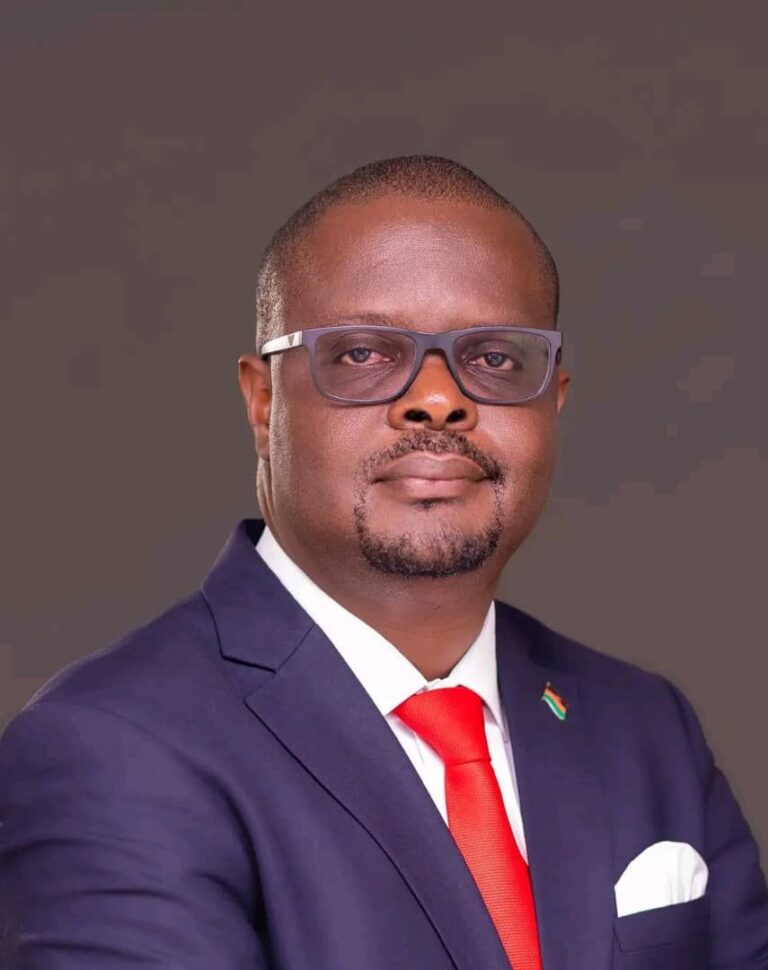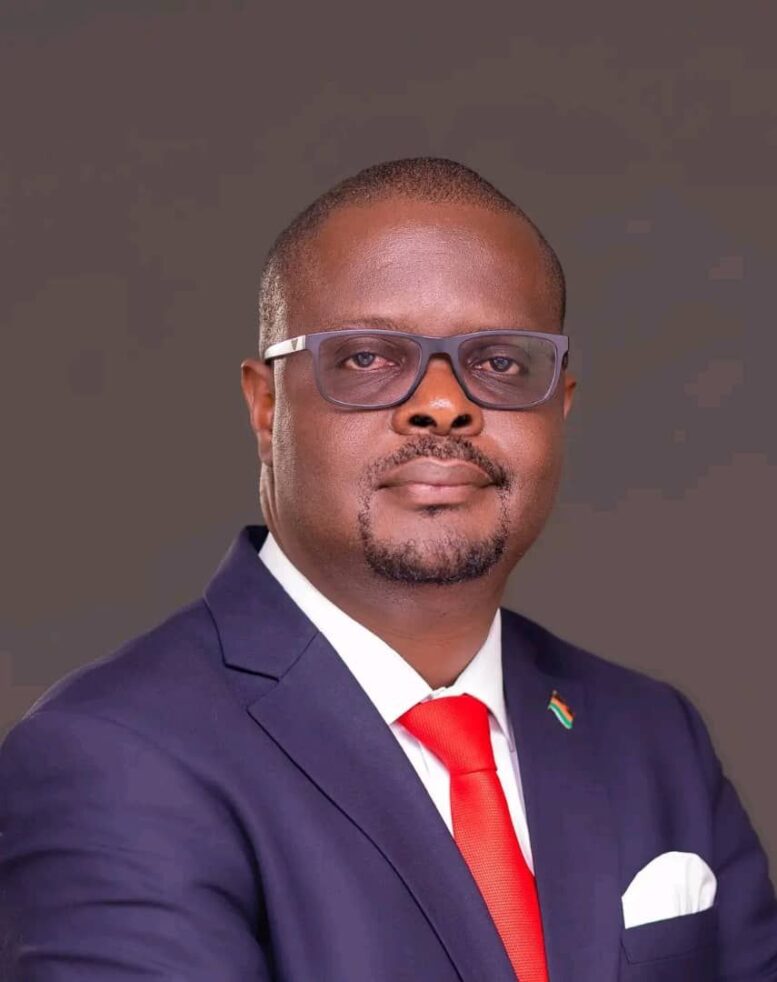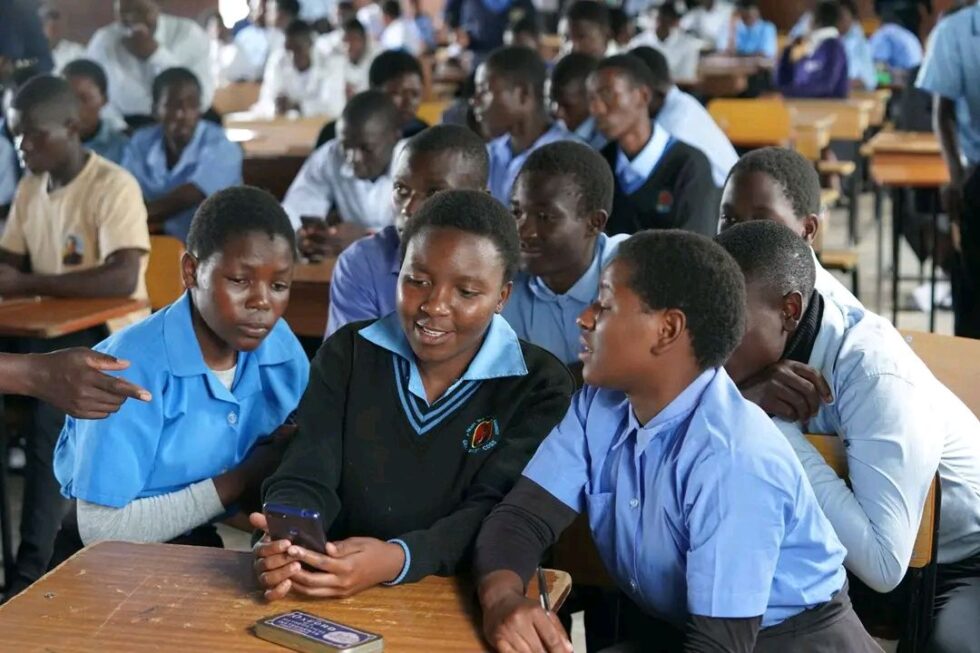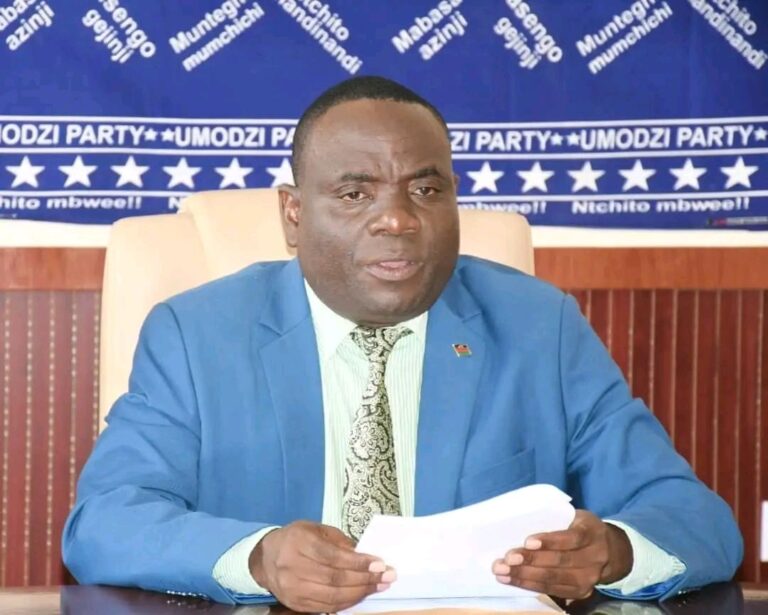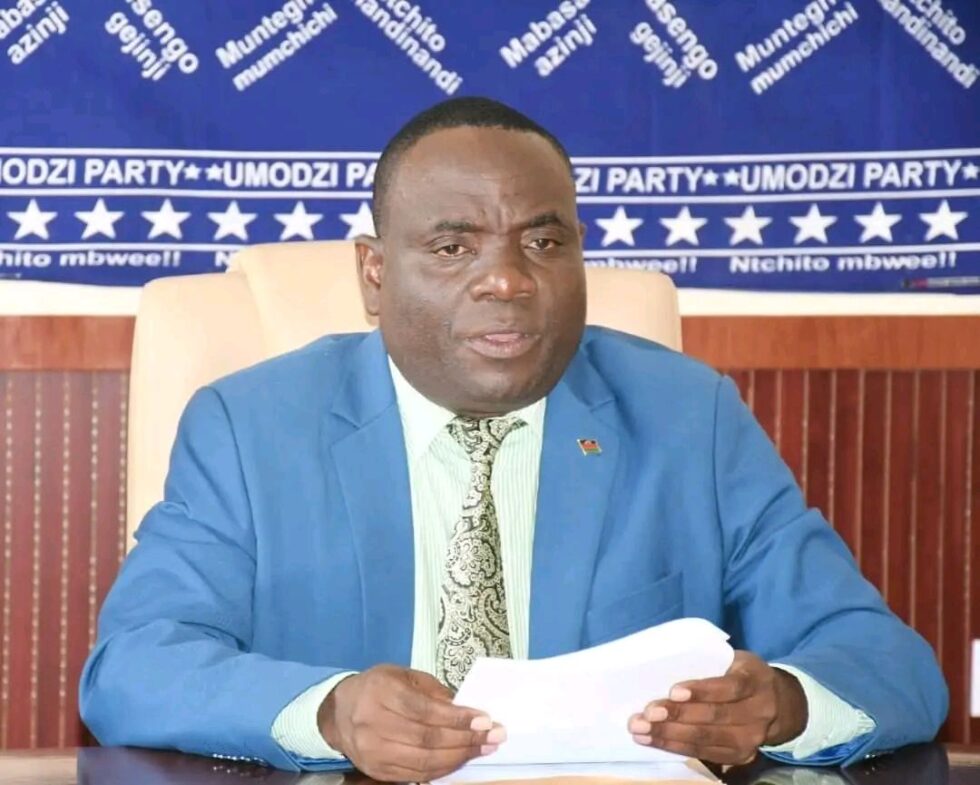By Linda Kwanjana
National Bank of Malawi (NBM) plc has donated K120 million worth of food and non-food items to health, education and social welfare institutions across the country in the first half of its annual ‘12 Days of Christmas’ initiative.
The donations are part of the Bank’s broader K250 million festive season package, which is running from December 5 to 22.

Under the initiative, each of the 12 participating service centres is making a K20 million donation every day, with a final K30 million package scheduled at the close of the campaign.
During half of this donation period, St Martin’s Health Centre in Mwanza received medical equipment and supplies to strengthen maternal and general health services from Mwanza Service Centre, while Wells of Joy Orphan Care in Blantyre benefited from food and livelihood-support items, including sewing machines and basic commodities courtesy of Chichiri Mall Service Centre.
In the education sector, schools in Chazunda and Mpemba in Blantyre, Mpapa and Dwangwa Primary in Kasungu, and Liwonde Secondary in Machinga benefited from desks, textbooks, teaching and learning materials, as well as sports equipment, aimed at improving learning environments and promoting holistic education through Top Mandala, Kasungu, and Liwonde Service Centres respectively.
Learners with visual impairments at Makande Primary School in Ngabu, Chikwawa, also received learning and nutritional support, including Perkins brailles and food items from Nchalo Service Centre.
NBM plc Marketing and Corporate Affairs Manager Akossa Hiwa said the initiative reflects the Bank’s appreciation for the communities that continue to support its growth.
“Every year, this initiative reminds us of the true meaning of the festive season, reaching out, sharing, and standing with those who need a helping hand.”
“We are deliberate in ensuring that our support responds to real needs on the ground and brings dignity and encouragement to the communities we serve,” said Hiwa.
Liwonde Secondary School learners’ representative, Faith Pasulani commended NBM plc saying the donation of desks had significantly improved learning conditions at the school.
“Previously, some learners were missing classes, especially during examinations, because they had to sit on the floor. This support has restored our dignity as learners,” said Pasulani.
Makande Primary School Head teacher, Francis Thomas said the donation had addressed a long-standing challenge at the school’s resource centre for visually impaired learners.
“We previously had only two working braillers for 24 learners. The additional brailles and food support will greatly improve both learning and welfare,” said Thomas.
NBM plc says the ‘12 Days of Christmas’ initiative remains one of its flagship CSR programmes, supporting national development through targeted investments in education, health and community wellbeing.



